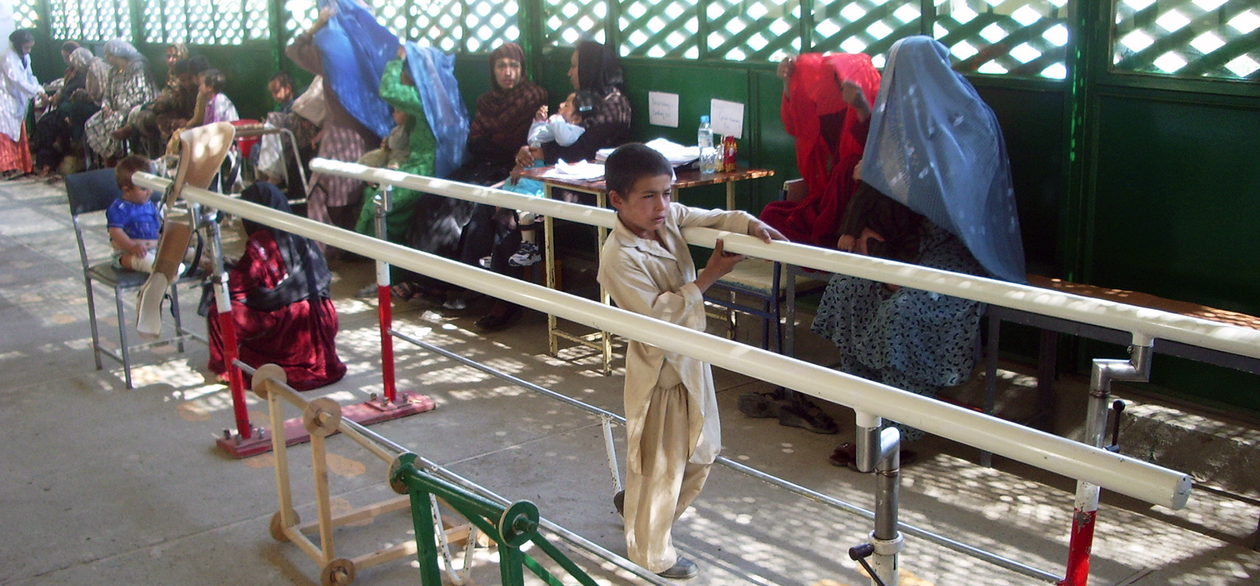Study Social Anthropology!
The Department of Social Anthropology offers two exciting courses taught in English spring semester 2022. No previous requirements are needed and we welcome both international and Norwegian students to participate.

Main content
Welcome to Social Anthropology!
Spring semester 2022 we offer two courses taught in English.
SANT103 Materiality: Environment, Place and Economy (15 ECTS )
In social anthropology it is essential to understand how people live in interaction with their spatial and material surroundings. Within the context of global variations in human ways of life, the course seeks to give a comparative insight into how spatial and material conditions form and are formed by society and culture. The course discusses social anthropological perspectives on ecology, economy, things, place and space.
The connection between the material and the sociocultural is thematized through discussions of dimensions such landscape, place and body, regimes of production, technology, environment and resource management, gift exchange, market and consumption.
SANT280-15 The Frontier of Anthropological Research: Anthropology of Humanitarianism (5 ECTS)
The course will have two main goals: 1) to introduce students to the field of humanitarian studies, and 2) to explore dynamics of humanitarian access and negotiations via an ethnographic perspective. Students will familiarize with the scope and implications of humanitarian interventions and emergency relief, and will have the opportunity to discuss the political and cultural categories that have marked the relationship between the "giver" and the "receiver" in humanitarian contexts.
The course will introduce students in the conceptual universe of humanitarianism. Since at least the mid-nineteenth century, humanitarian relief has spread worldwide to become a global salvific narrative that today is captured in the notion of "humanitarianism"¿whereby the suffix "ism" embodies a whole set of beliefs, practices, categories, discourses, and procedures that, although flexible and apt to change quickly, are recognizable as "humanitarian."

